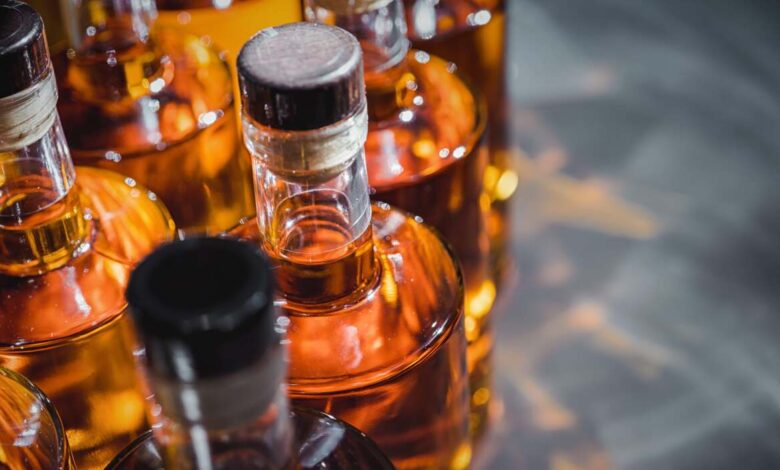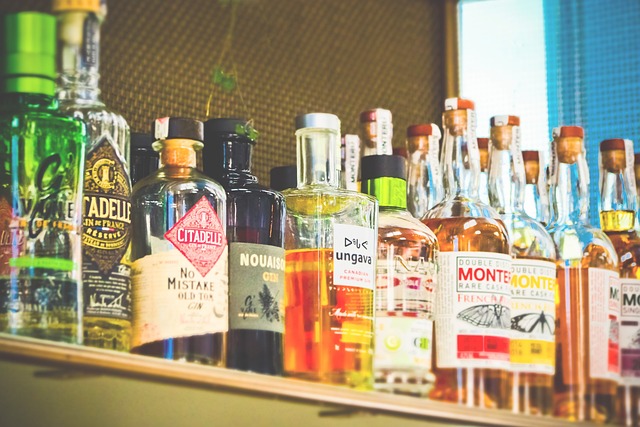After more than three decades, Manipur bids farewell to being a ‘dry state’
This decision marks a departure from the state's three-decade-long tradition of being a dry state.

Manipur, a state that had enforced a liquor ban for over 30 years, is set to undergo a significant change. The Bharatiya Janata Party (BJP) government, led by Chief Minister N Biren Singh, has decided to lift the long-standing prohibition on liquor in order to boost the state’s revenue and address issues related to the sale of spurious liquor.
The cabinet, under the leadership of Chief Minister N Biren Singh, has undertaken a comprehensive reform of the liquor policy. This decision marks a departure from the state’s three-decade-long tradition of being a dry state. The primary objectives behind this move are to increase revenue for the state and to curb the circulation of counterfeit and unsafe liquor.

A crucial development in this decision is the approval granted for various aspects related to liquor. The cabinet has given the green light to the manufacture, production, possession, export, import, transport, purchase, sale, and consumption of liquor. This decision, made after careful consideration, signals a significant shift in the state’s stance on alcohol consumption.
The official gazette notification, published on December 6, provides detailed rules and regulations for the legalization of liquor in Manipur. This notification serves as the formal documentation of the government’s decision to withdraw the Manipur Liquor Prohibition Act, 1991, from the areas of the state. The use of legal provisions demonstrates the government’s commitment to transparently and officially bringing an end to the long-standing prohibition.
The initial step towards the relaxation of the liquor ban occurred in September 2022 when the state cabinet partially lifted the prohibition. This allowed for the sale and consumption of alcohol in specific settings, including district headquarters and hotels with a minimum of 20 beds. Additionally, the export of locally-brewed country liquor was permitted, marking a gradual shift in the state’s alcohol policy.
The historical context of Manipur’s liquor ban dates back to the enactment of the Manipur Liquor Prohibition Act, 1991. This legislation was introduced in response to public demand, particularly from women’s groups, who were concerned about the social issues and domestic violence arising from the widespread consumption of alcohol. The initial decision to impose the liquor ban was rooted in addressing these pressing societal challenges.
The September 2022 partial lift of the ban reflected a nuanced approach, allowing for the sale and consumption of liquor in specific locations. This step acknowledged the need for balance between public demand for access to alcohol and the government’s responsibility to address social issues associated with alcohol consumption.
The recent decision to completely lift the liquor ban is a culmination of careful consideration by the Manipur cabinet. The move is expected to have far-reaching implications, not only in terms of economic benefits through increased revenue but also in addressing concerns related to the circulation of spurious liquor.
You might also be intersted in – Goa offers lowest liquor prices, while Karnataka tops the rate chart: Report



